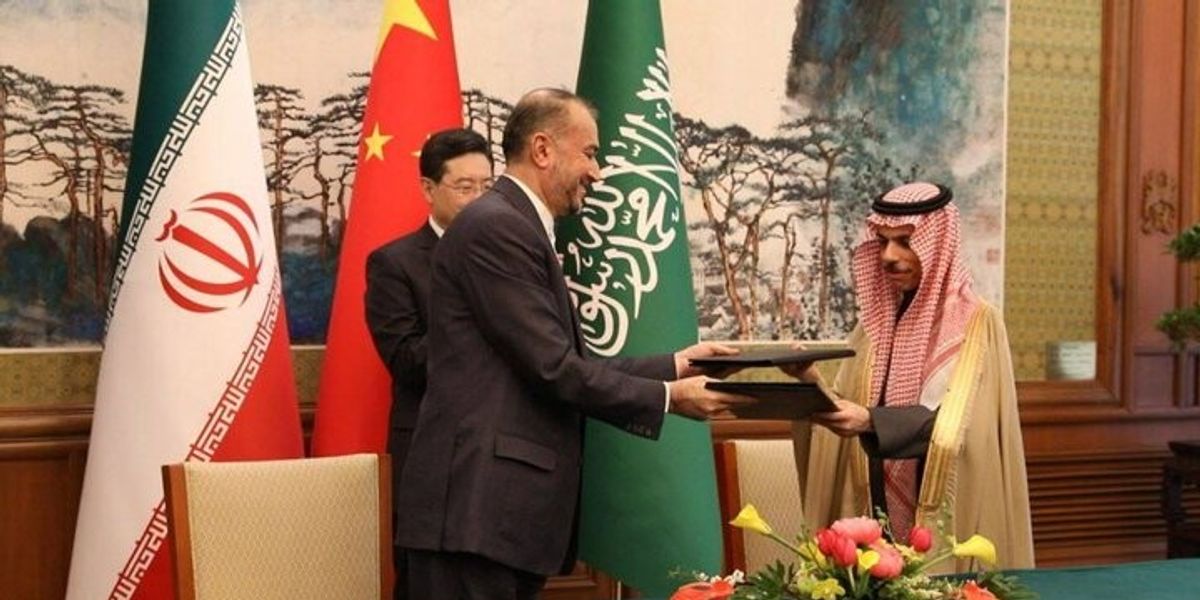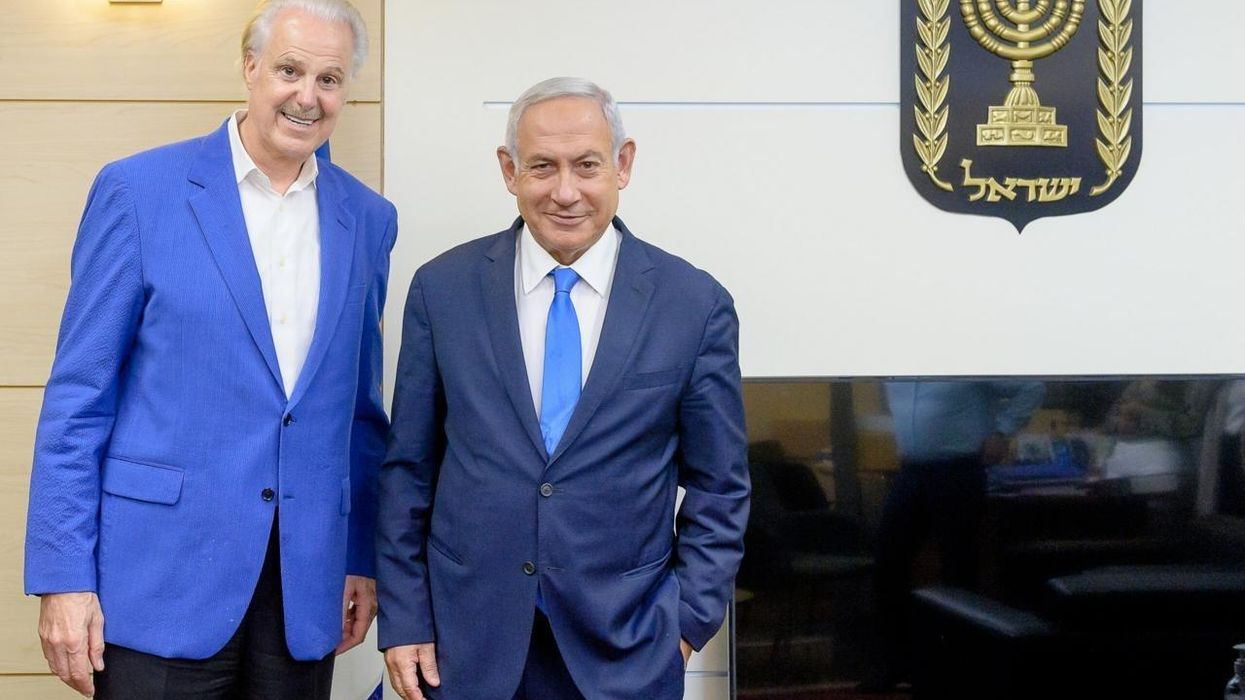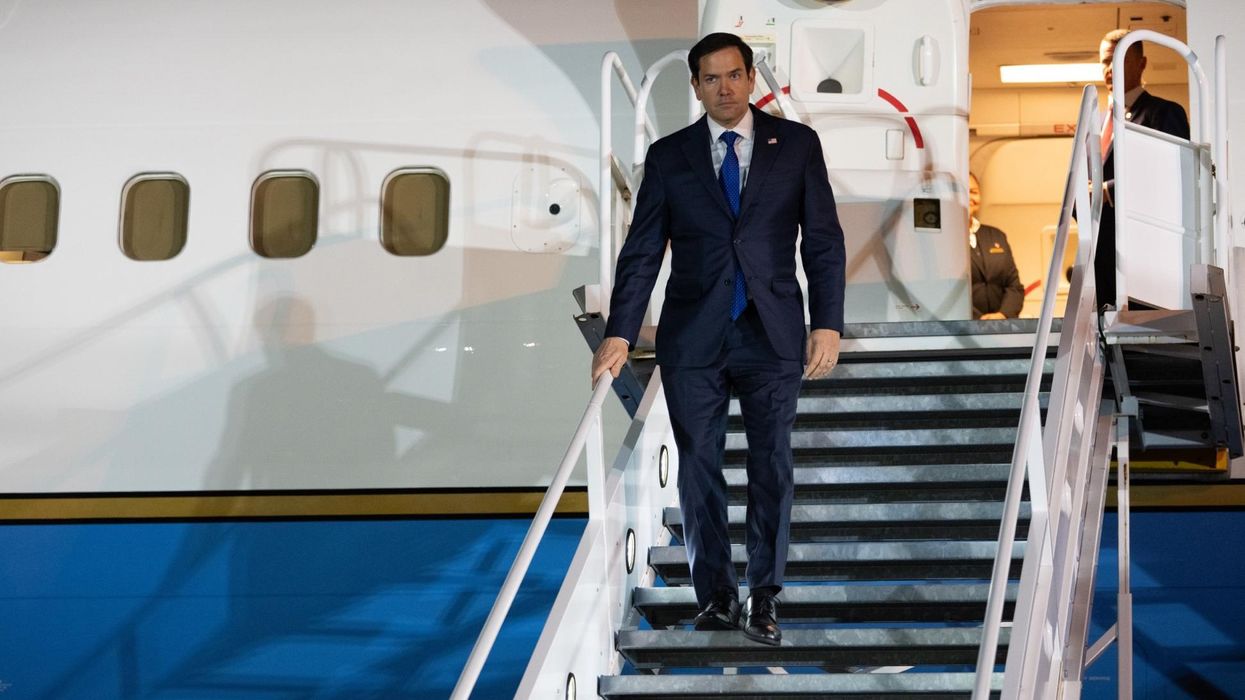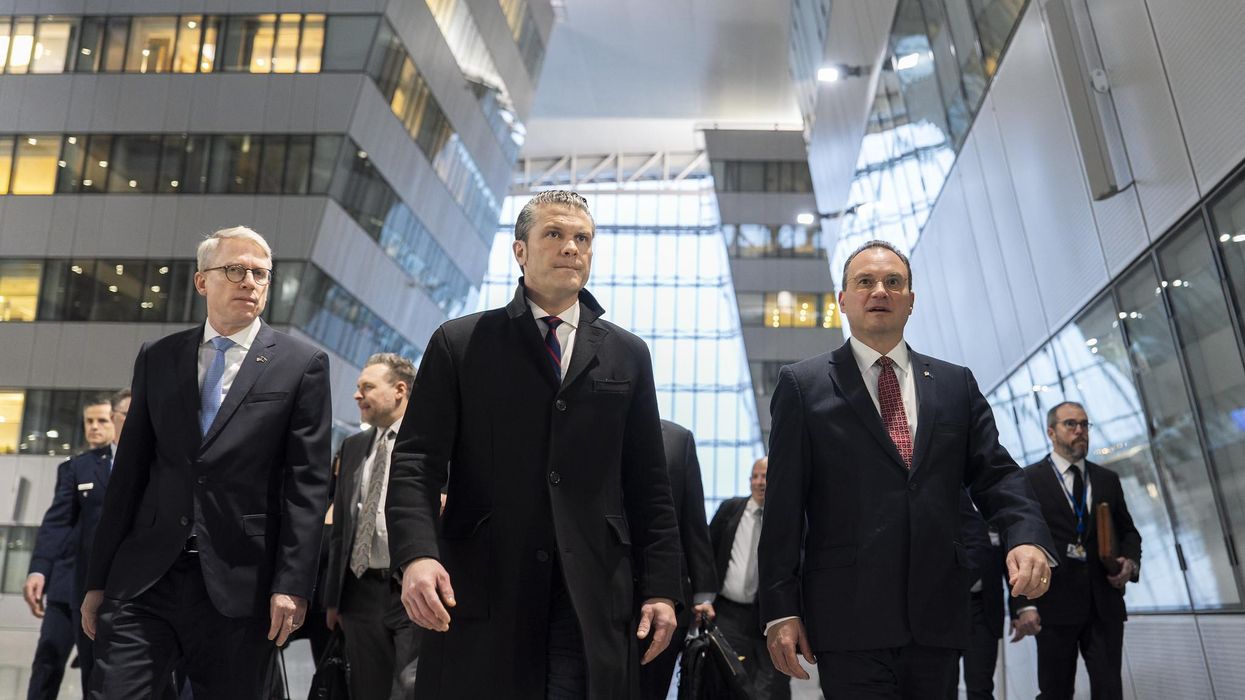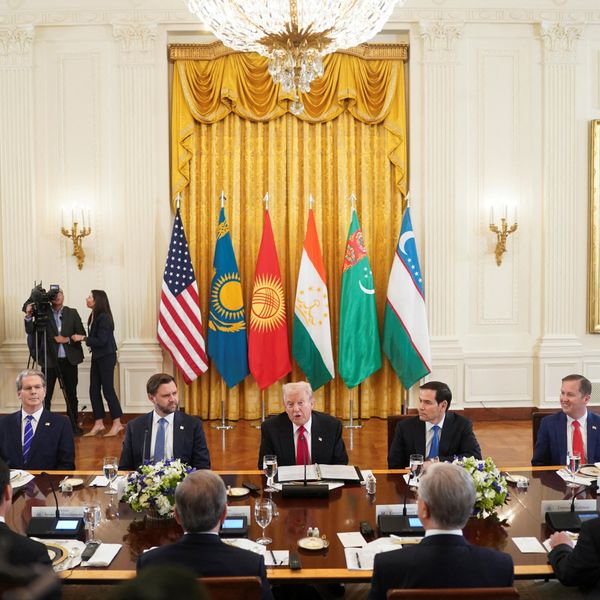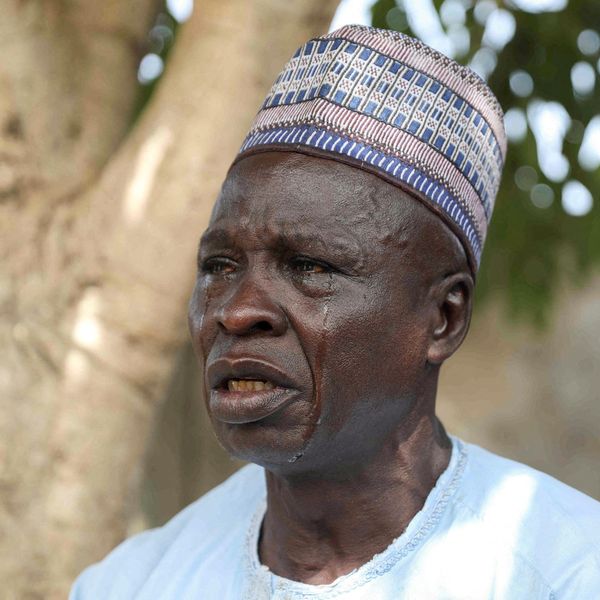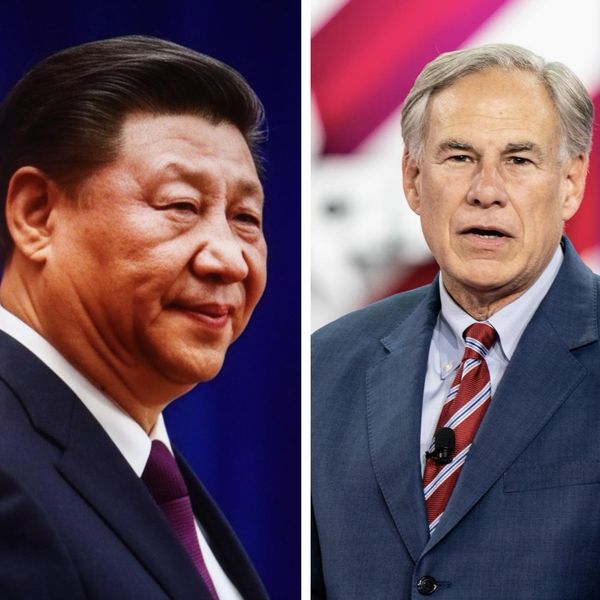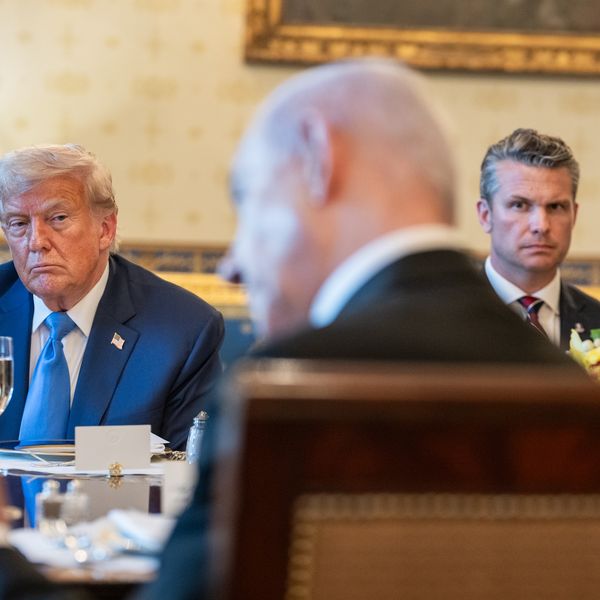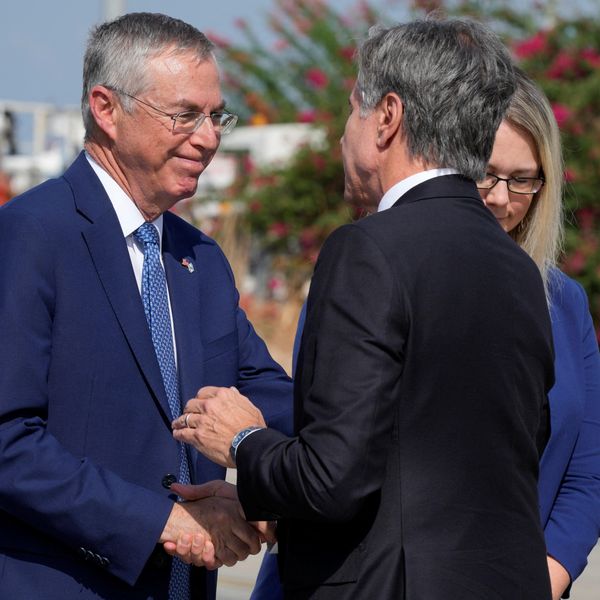After seven years of severed diplomatic relations, the China-brokered renormalization deal between Iran and Saudi Arabia, signed on March 10, marked a major breakthrough in the Middle East’s shift toward de-escalation between regional rivals. Nearly six months later, the Iranian-Saudi détente remains on track.
Last month, Iran’s chief diplomat, Hossein Amir-Abdollahian, met with Saudi Crown Prince and Prime Minister Mohammed bin Salman, or MbS, in Jeddah and invited him to Tehran. Then on September 5, Saudi Arabia’s ambassador to Iran, Abdullah Alanazi, who was previously the Kingdom’s ambassador to Oman, arrived in Tehran. That same day, Iran’s ambassador to Saudi Arabia, Alireza Enayati, who previously served as the Islamic Republic’s Kuwait envoy, arrived in Riyadh. Such developments speak to both sides’ interest in further improving bilateral ties.
As Ambassador Alanazi put it, Saudi officials recognize the “importance of strengthening ties, increasing engagement…and taking the [relationship] to broader horizons.”
Tehran and Riyadh did not sign the diplomatic agreement in Beijing after almost two years of Iraqi- and Omani-facilitated mediation out of mutual love. Instead, the deal resulted from their respective interests in détente at a particular time. Ultimately, hostilities between the two regional powers over the past decade were not serving either side. Rather than continuing down the path of steadily mounting tension, Tehran and Riyadh both saw a “cold peace” as their best option, albeit for different reasons.
Motivations for détente
Central to the Ebrahim Raisi administration’s foreign policy is the “Neighbors First” doctrine. As relations between Iran and the West continue deteriorating, Tehran wants not only to cultivate closer ties with China and Russia, but also have better relationships with Islamic countries in its own neighborhood, including with the members of the Gulf Cooperation Council, Central Asian states and Pakistan. Iran hopes this will reap economic benefits while better positioning the Islamic Republic to circumvent U.S. sanctions and pressure.
Riyadh understood that attracting sufficient foreign investment to make MbS’s Vision 2030 succeed requires greater stability at home and throughout the region. This made de-escalating tensions with Iran necessary, especially given Tehran’s influence over Yemen’s Houthi insurgents, whose drone and missile attacks against Saudi infrastructure had caused considerable damage until the April 2022 truce’s implementation.
“The decision to restore relations was made by both sides with cold calculation,” Barbara Slavin, a distinguished fellow at the Washington-based Stimson Center, told RS. “Iran wants to prove it is not isolated regionally while Saudi Arabia wants an insurance policy against external attacks while it tries to realize its ambitious economic goals.”
Yet Tehran and Riyadh continue harboring suspicions of each other. From Iran’s vantagepoint, Riyadh’s partnership with Washington remains a major threat to Gulf security, while Saudi Arabia still sees Iran’s regional conduct as destabilizing.
Indeed, nearly six months in, the Iranian-Saudi diplomatic agreement has only gone so far. “It hasn't evolved into a real rapprochement, but that was always far-fetched as long as Iran is at daggers-drawn with Riyadh’s key strategic ally: the United States,” said the International Crisis Group’s Ali Vaez in an interview with RS. “The long shadow of the nuclear standoff between Iran and the U.S. will prevent the reestablishment of economic ties between Tehran and Riyadh and could eventually flare up regional tensions that could once again spill over into the bilateral relationship.”
The recent deployment of 3,000 American sailors and Marines to waters near Iran has only resulted in more threats from Tehran to the U.S. This development could have major implications for Iranian-Saudi relations.
“Like all diplomatic deals, the Beijing-brokered Saudi-Iranian diplomatic effort, is—at best—a work in progress,” Joseph A. Kechichian, a senior fellow at the King Faisal Centre in Riyadh, told RS. “While many hastened to conclude that the two countries, under close Chinese supervision, would rapidly embark on fresh initiatives, reality stepped in because Riyadh was and still is wary of Tehran’s pledges to end its interferences in internal Arab affairs. (Almost) six months in, neither side seems ready to be blinded by lofty declarations, which often belie serious differences.”
Enter Israel
Saudi Arabia has thus far refused to follow in Abu Dhabi’s footsteps and join the Abraham Accords. Riyadh stresses that normalization with Tel Aviv would require significant Israeli concessions to the Palestinians, and with Israel’s far-right government that is currently in power, such concessions are unlikely to be offered. Nonetheless, trying to bring Saudi Arabia into the Abraham Accords is a top foreign policy priority for Team Biden. It is worth asking how this stands to impact the Iranian-Saudi détente.
Depending on the degree to which there is convergence between Riyadh and Tel Aviv, there could be negative consequences for Iranian-Saudi relations. Ultimately, Tehran does not see diplomatic relations between GCC states and Israel as a threat per se. It is far more concerned with how the Abraham Accords could lead to a growing Israeli military footprint near Iranian territory.
“Iran will feel obliged to condemn Riyadh if it normalizes with Israel and will be on the alert for any military or intelligence component to such a deal. That it will not tolerate,” explained Slavin.
“Iran is afraid of greater military and security convergence of the Persian Gulf Arabs with Israel in formats such as the joint air defense system,” Javad Heiran-Nia, the director of the Persian Gulf Studies Group at the Center for Scientific Research and Middle East Strategic Studies in Iran, told RS.
“Iran knows that by forming such a system, a ‘balance deficit’ will be detrimental to it. For this reason, Iran has announced the unveiling of hypersonic missiles capable of passing through any missile defense system. Iran sends the message to the Persian Gulf states that expanding their relations and forming a strong convergence in the region with Israel will not ensure their security,” added Heiran-Nia.
Signs of improved ties
Looking ahead, certain indicators can help assess the evolving state of Iranian-Saudi relations.
As Iran and Saudi Arabia have previously enjoyed periods of détente, such as during the 1990s and early 2000s, Vaez told RS that “this one is unlikely to withstand the test of time unless it is institutionalized in the form of frequent high-level political engagement, standing bilateral committees that would proactively work to deepen ties between the two nations on multiple levels, and an inclusive regional security dialogue that starts thinking about a mutually tolerable and sustainable modus vivendi for all the key stakeholders.”
The main indicator of how Iranian-Saudi relations develop will not be the absence of conflict or disagreement, explained Aziz Alghashian, a fellow at the Arab Gulf States Institute in Washington. “Rather, it is how both Iran and Saudi react to these sensitive issues [such as the Dorra/Arash Gas Field dispute and unresolved tensions over Yemen], what kind of language will they use, and what kind of sentiments will they have in negotiating these sensitivities.”
Roughly six months after the diplomatic deal was announced in China, Slavin has somewhat low expectations for improved bilateral ties. “I would expect an improved atmosphere for Iranian pilgrims going on the hajj and a modest uptick in sports and other exchanges, plus limited trade in non-sanctioned goods.” But she assesses that Iranian-Saudi reconciliation will be “very superficial.”
Nonetheless, as much as any optimism about a full rapprochement must be tempered, the current state of Iranian-Saudi relations is far more stable than the 2011-22 period. That is positive for the whole Middle East. The Gulf and the wider region stand to benefit, at least to some degree, from Tehran and Riyadh finding a way to “share the neighborhood,” as former President Barack Obama once put it.
“A cold peace is…better than the alternative,” said Slavin.
- How will Israel respond to the Saudi-Iran détente? ›
- The United States, China, and great power competition in the Middle East ›
- Saudi-Iran deal exposes EU's waning Middle East influence ›
- Iran's nuclear program poses problems for China and the US ›
- Why the Iran-Saudi agreement to restore ties is so big ›

